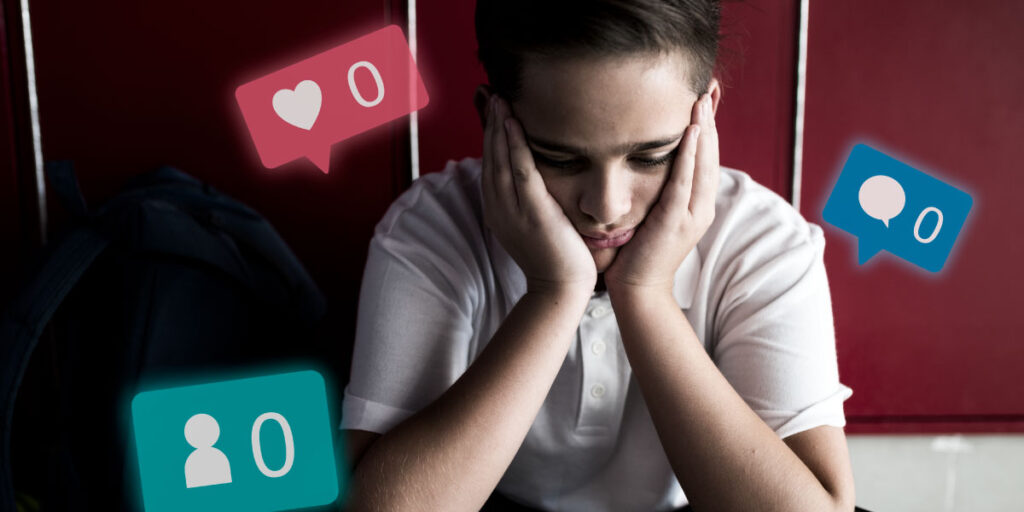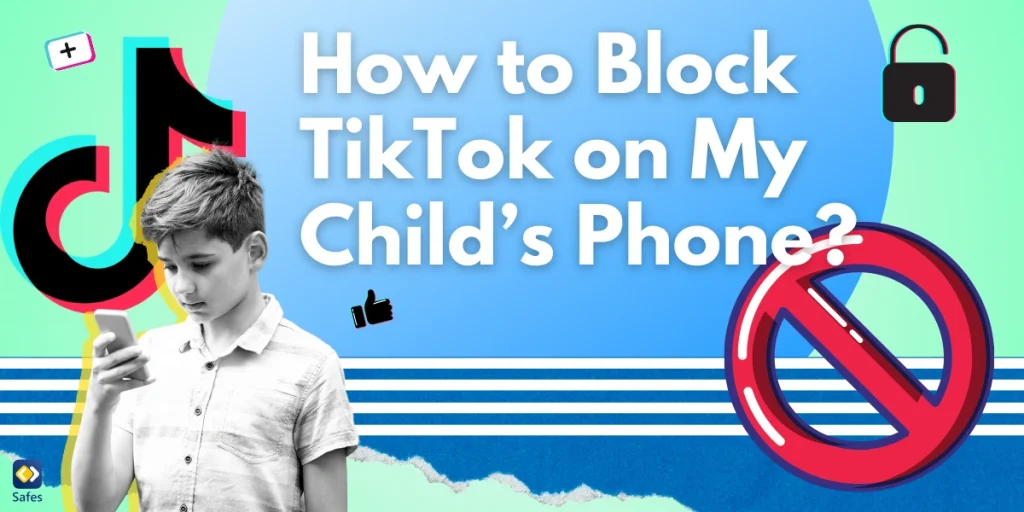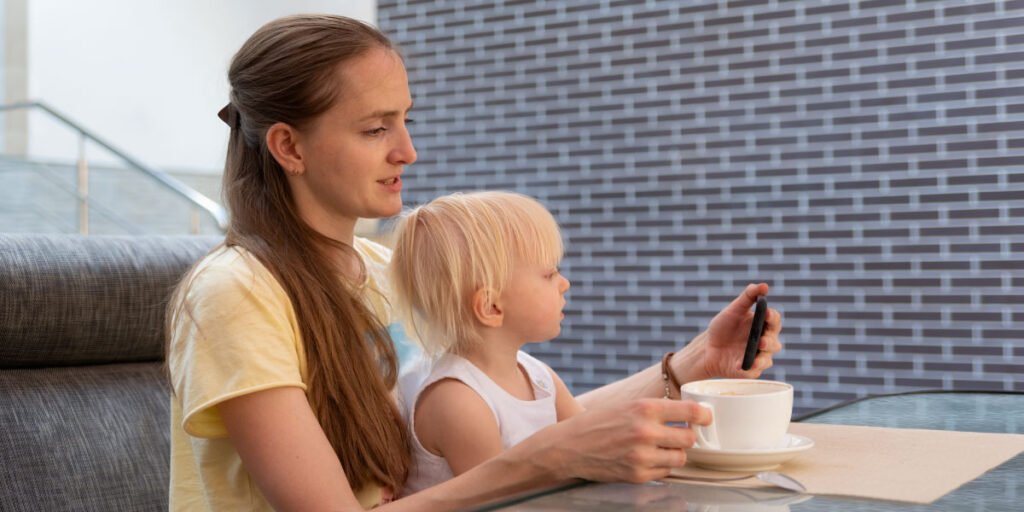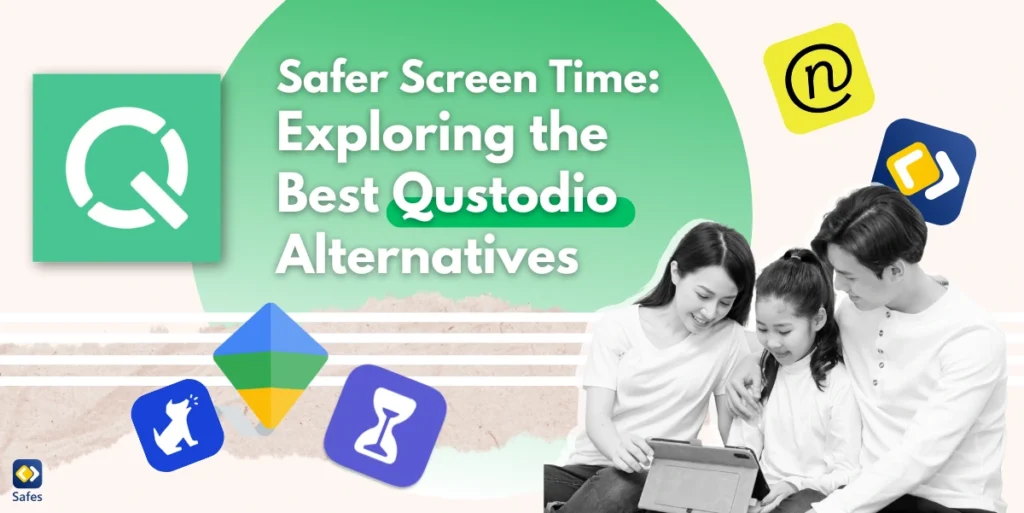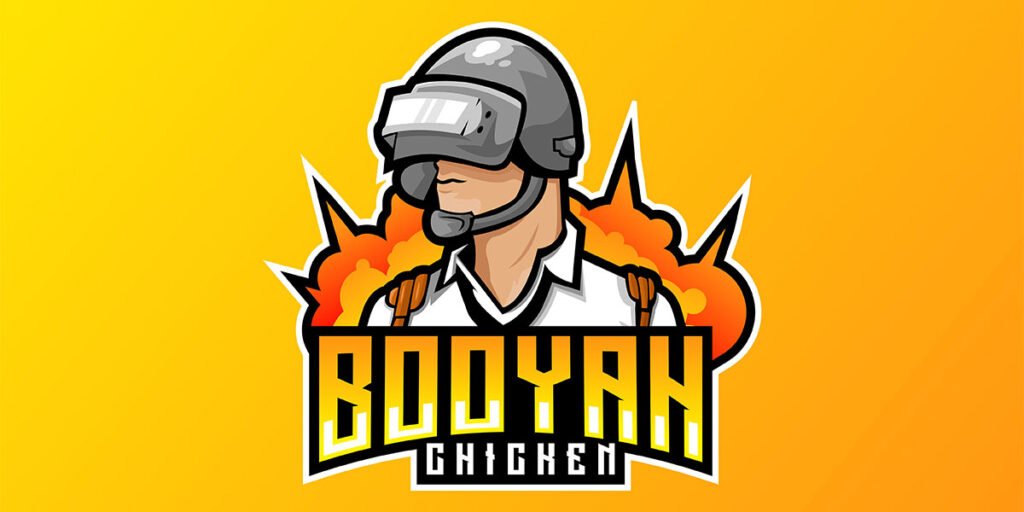Is social media more harmful than beneficial for me? You may have asked yourself the same question many times before.
Download and Start Your Free Trial of the Safes Parental Control App
Every time you open Instagram, you might second-guess your decision to tap on the app icon. And yet, you don’t seem to be able to help yourself. And your excuses to keep checking them might actually be legit. There are advantages to using social media.
But when you look back at the person you were before social media came along, you may find that you’ve become restless, less focused, and more likely to put yourself down. While you may not have linked the changes in your mental and physical state to them, some studies suggest social media is more harmful than beneficial.
This article will note the pros and cons of using social media platforms and how social media can do us more harm than good.
The Advantages of Using Social Media
Although social media can cause many problems for one’s well-being, some good sides cannot be overlooked. Through social media, you can:
- Keep in touch with old friends and family members all over the globe
- Meet like-minded people online and find communities that give you a sense of belonging
- Become an activist and raise awareness on issues significant to you
- Promote certain products or find a market for your handmade arts and crafts
- Comfort others during tough times, or seek their support in a catastrophe
- Have a space to express your thoughts and creativity
- Discover artists and see artworks from museums and galleries around the world
- Be exposed to fantastic sources of information and learning materials you otherwise wouldn’t have access to
The Downsides of Social Media
The long-term effects of excessive social media use are yet to be discovered, as it’s only been roughly a decade since the emergence of these platforms. Even so, there is evidence indicating that social media can intensify feelings of loneliness, underachievement, anxiousness, and a tendency to self-harm.
Among the most prominent negative influences of extreme social media use, we can name:
-
Feeling inadequate:
People usually only show the highlights of their lives on social media. So, it’s no wonder that you may end up feeling insecure about your own.
You might constantly feel inadequate and unable to appreciate your achievements if you spend significant time on these platforms. That’s because they ignite social comparison, leading to feelings of inferiority. Your looks and success suddenly aren’t worth a thing if they don’t measure up to other people’s.
In the end, you might find yourself becoming more envious every day of even the people closest to you. You might develop body image issues or self-deprecating thoughts.
-
Obsessing over getting engagement:
Many aspects of social media can cause you to become obsessed with getting engagement. That is because every time you get a like or a new follower, your brain gets a dopamine rush. This is exactly what happens when you win while gambling.
Social media platforms are designed to be addictive in this way to make sure you come back for more. After all, that’s how these huge companies make their billions. That’s why they try their best to make you crave one more response to your Instagram story or positive comment and get you to keep refreshing your feed.
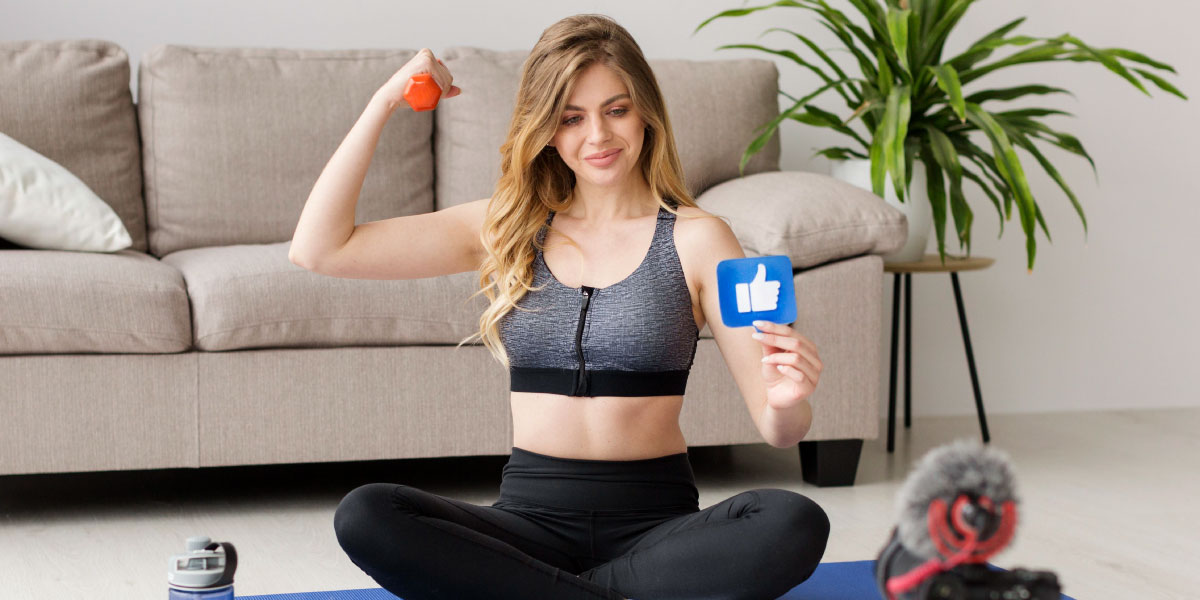
-
FOMO:
Fear of missing out. We’ve all experienced it. Although it existed long before social media came around, these platforms seem to intensify it. What if you get invited to a party you don’t have time to go to? How will you handle seeing the pictures your friends post on Instagram afterwards?
You might even get sleep deprivation just because FOMO doesn’t let you give yourself a break from social gatherings. And it’s not just the missing out that worries you. It’s also facing the evidence of it on social media: pictures and videos of people having a good time without you.
-
Difficulty concentrating:
Ever since the invention of smartphones and then social media, our concentration level has noticeably decreased. Social media is designed in a way to keep you scrolling through endless fragments of content with various topics. So, it’s not surprising that we’ve been having trouble focusing on one single subject or activity in the past decade.
-
Cyber-stalking:
The privacy settings in social media platforms can encourage users to cyber-stalk. We all have that one ex we want to keep an eye on, and social media makes it much easier to do so. You can check someone’s profile a hundred times a day without their being notified. Sharing your location can also put you in danger, as cyber-stalkers can find out the spots you frequently go to.
-
Underdevelopment of social skills:
Social media can disrupt the development of social skills, especially for children, as their frontal lobes are still being formed. Social skills can be learned through interaction with others—whether in person or online. However, social media does not provide an environment for this type of practice.
For example, communication on social media lacks the immediate feedback from your audience that you’d get from face-to-face interactions. At the same time, it’s missing the opportunity to build up a rapport with your audience over time and establish mutual trust.
Moreover, online communication is inherently more impersonal than communication in person. It’s easy to forget that when we interact via text message or email, there’s no body language (and, therefore, no facial expressions) to convey emotion. We must rely on tone of voice alone if we want our friends or co-workers to understand what we’re feeling at any given moment. And because it’s so easy for people to hide behind their computers when communicating online, they’re less likely than ever not only to say what they mean but also mean what they say!
-
Cyberbullying:
Cyberbullying is one of the most common forms of social media abuse. It’s a form of bullying or harassment that occurs through electronic forms of contact. It can happen through email, instant messaging, text messages, and some online forums. Bullies often take advantage of the anonymity offered by these new technologies to say things they wouldn’t dare say in person.
Bullying has always occurred in schools and workplaces as well as across neighborhoods and communities. Cyberbullying differs from other types because it occurs electronically instead of face-to-face. For example, bullies tease victims about their weight or appearance during at school. Cyber bullies, on the other hand, send anonymous messages bashing the target’s looks from their desk at home. This wat no one else can see what they’re doing—or who they are doing it to!
Cyberbullying can have devastating effects on children. In the article “What Are the Effects of Cyberbullying on Children?”, I’ve explained these effects and how to prevent them. Moreover, in “What to Do When Your Child Is Cyberbullied?” I’ve discussed different ways to help your child if they’re cyberbullied.
-
Depression, loneliness, & anxiety:
Depression is one of the most common mental illnesses in the United States. According to SAMHSA’s National Survey on Drug Use and Health, in 2017, about 7% of people aged 18 or older had major depressive disorder (MDD) at some point in their lives. This source emphasizes the correlation between using social media and depression. Social media may contribute to feelings of loneliness, inadequacy and self-absorption, causing anxiety and depression in some people.
Social scientists have been studying how social networks like Facebook affect our mental health for years now. Studies show people tend to feel worse after using their computers, even when they think they’re having fun!
Related Post:
-
Becoming self-absorbed:
And there’s one more side effect of using social media that can make you more self-absorbed: narcissism. Narcissists are people who have an inflated sense of their own importance and a deep need for admiration, according to the Mayo Clinic.
These characteristics define narcissistic personality disorder (NPD). They’re also seen in many other people who don’t have NPD. These characteristics include:
- An exaggerated sense of self-importance
- Preoccupation with fantasies about success, power or brilliance
- A belief that they’re “special” and can only be understood by other special people
Other signs include an overstated sense of uniqueness, arrogance and a lack of empathy for others. These are all traits that could be associated with someone who posts selfies on Instagram every day and posts status updates about how great their life is every chance they get.
-
Losing self-control:
What’s the biggest concern about social media? Losing self-control. You see and hear about things you want—things you don’t necessarily need but want to have. This can lead to a few issues:
- Becoming self-absorbed and losing your sense of reality
- Becoming addicted to social media (you check it constantly in hopes of getting some sort of thrill)
- Being unable to control how much time you spend on social media
Related Articles:
- Crucial Social Media Etiquette & Rules for Kids to Follow
- How to Protect Your Child from Screen Addiction
- A Parents’ Guide to Dangers of Social Media for Kids
Conclusion
In conclusion, social media can have a negative impact on your mental health. To name a few, it can cause loneliness and depression, it can contribute to cyberbullying, and it may lead to self-absorption. This technology has made us lose control of ourselves. We are always on the phone or computer in order to stay up-to-date with anything important happening around us. In general, we should use these platforms responsibly if we want them to be beneficial rather than harmful to our minds.
Children’s brains are still developing. They lack the knowledge and experience to protect themselves from the harms of social media. That’s why they’re more vulnerable to these drawbacks. You can try installing parental control apps such as Safes on their phones, tablets, and computers to protect your child.
With Safes, you can control what social media they access and how much time they spend on them. Using Safes’s Social Media Monitoring feature, you’ll be notified if your child is viewing inappropriate content or sending/receiving risky messages.
Ready to safeguard your child’s online experience? Give Safes a try with our free trial offer today!
Your Child’s Online Safety Starts Here
Every parent today needs a solution to manage screen time and keep their child safe online.
Without the right tools, digital risks and excessive screen time can impact children's well-being. Safes helps parents set healthy boundaries, monitor activity, and protect kids from online dangers—all with an easy-to-use app.
Take control of your child’s digital world. Learn more about Safes or download the app to start your free trial today!
